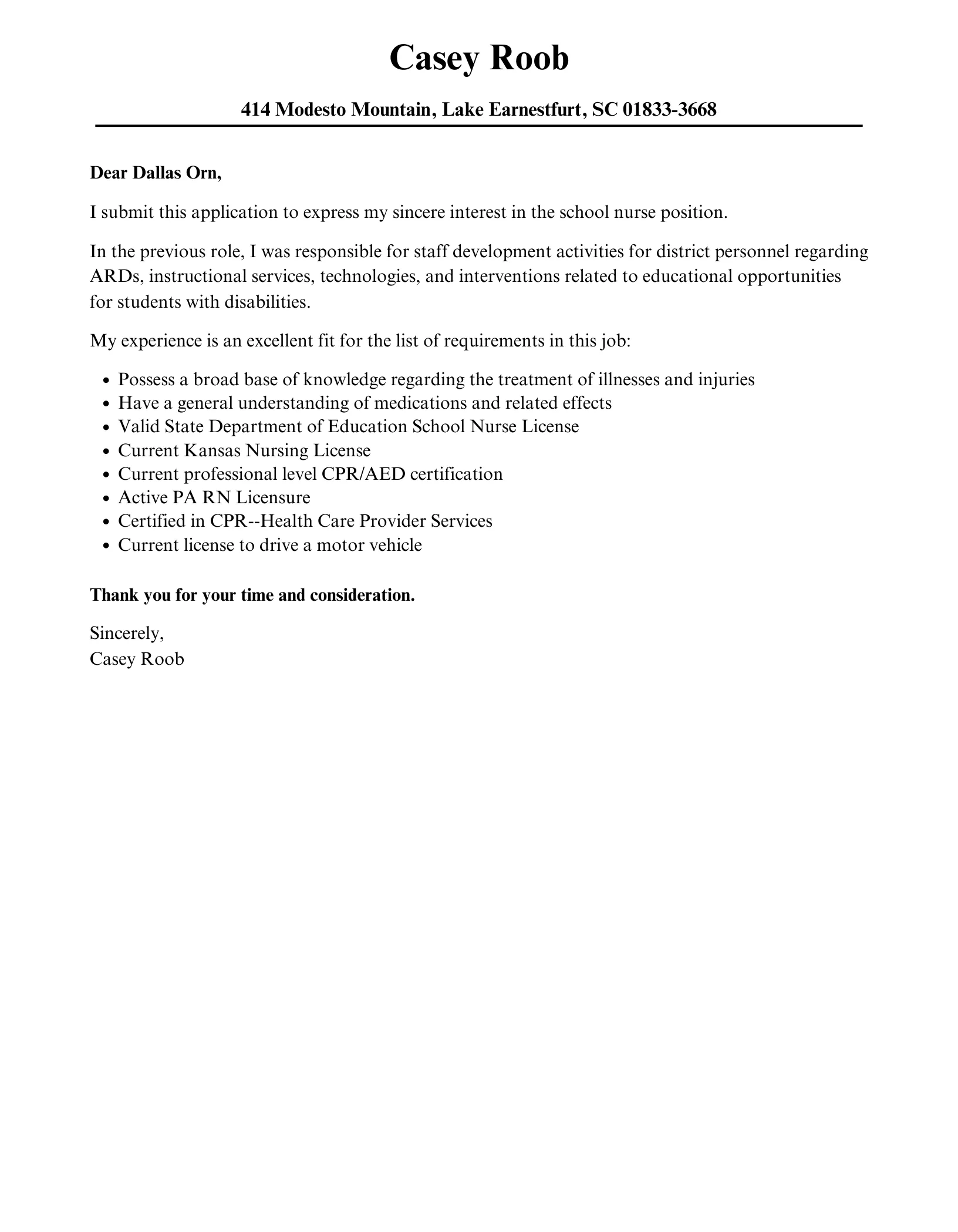Understanding the School Nurse Cover Letter
A school nurse cover letter is a crucial document when applying for a school nurse position. It serves as your introduction to the hiring manager, offering an opportunity to highlight your skills, experience, and passion for student health and well-being. Unlike a resume, which provides a factual overview of your qualifications, a cover letter allows you to showcase your personality and explain why you are the perfect fit for the role. It is an essential tool that complements your resume and helps you stand out from other applicants. A well-crafted cover letter should be customized for each position, demonstrating your genuine interest in the specific school or district and aligning your qualifications with their needs.
Key Components of a School Nurse Cover Letter
Several key components must be included in your school nurse cover letter to make it effective. These elements work together to present a compelling narrative that emphasizes your suitability for the position. Understanding each part and its role in conveying your qualifications is key to crafting a cover letter that captures the hiring manager’s attention. The goal is to create a document that is not only informative but also engaging, demonstrating your enthusiasm and readiness to take on the responsibilities of a school nurse. Pay special attention to the formatting, tone, and language you use to communicate effectively.
Header and Contact Information
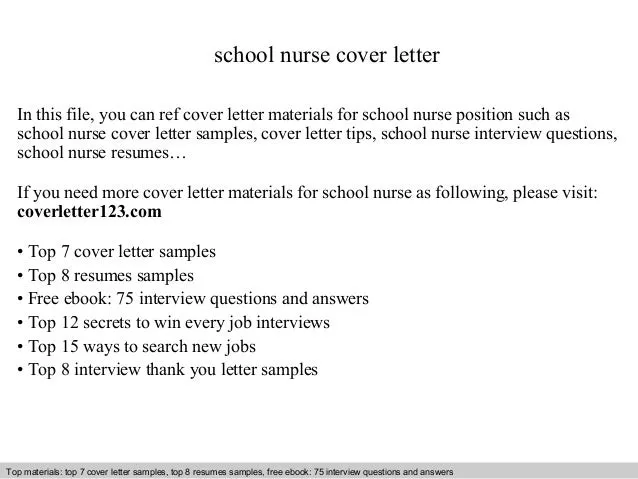
Start your cover letter with a professional header. Include your full name, address, phone number, and email address at the top. This information ensures the hiring manager can easily contact you. Ensure your contact information is accurate and up-to-date, as this is the primary means the school will use to reach you. It is also professional to format this section to match the style of your resume. Consider using a clear, readable font and consistent formatting to create a professional and organized appearance.
Addressing the Hiring Manager
If possible, address the cover letter to a specific person. Research the school district or school to find the hiring manager’s name, such as the principal or the director of nursing. Addressing the letter to a specific person shows that you have taken the time to learn about the school and are personally interested in the position. If you cannot find a specific name, use a professional salutation such as ‘Dear Hiring Committee’ or ‘Dear [School Name] Hiring Manager.’ Avoid generic greetings like ‘To Whom It May Concern’ as they can make your letter seem less personalized.
Opening Paragraph Grab Attention
Your opening paragraph is your first opportunity to make a positive impression. It should immediately capture the reader’s attention. Start with a strong statement about why you are excited about the position, or briefly mention your most relevant qualifications. Avoid generic opening lines; instead, craft a statement that shows your enthusiasm for the role and the school. Consider mentioning something specific that attracted you to the school or the job posting. This can demonstrate your genuine interest and set the tone for the rest of your letter. Keep it concise, focusing on what makes you stand out.
Highlighting Relevant Skills and Experience
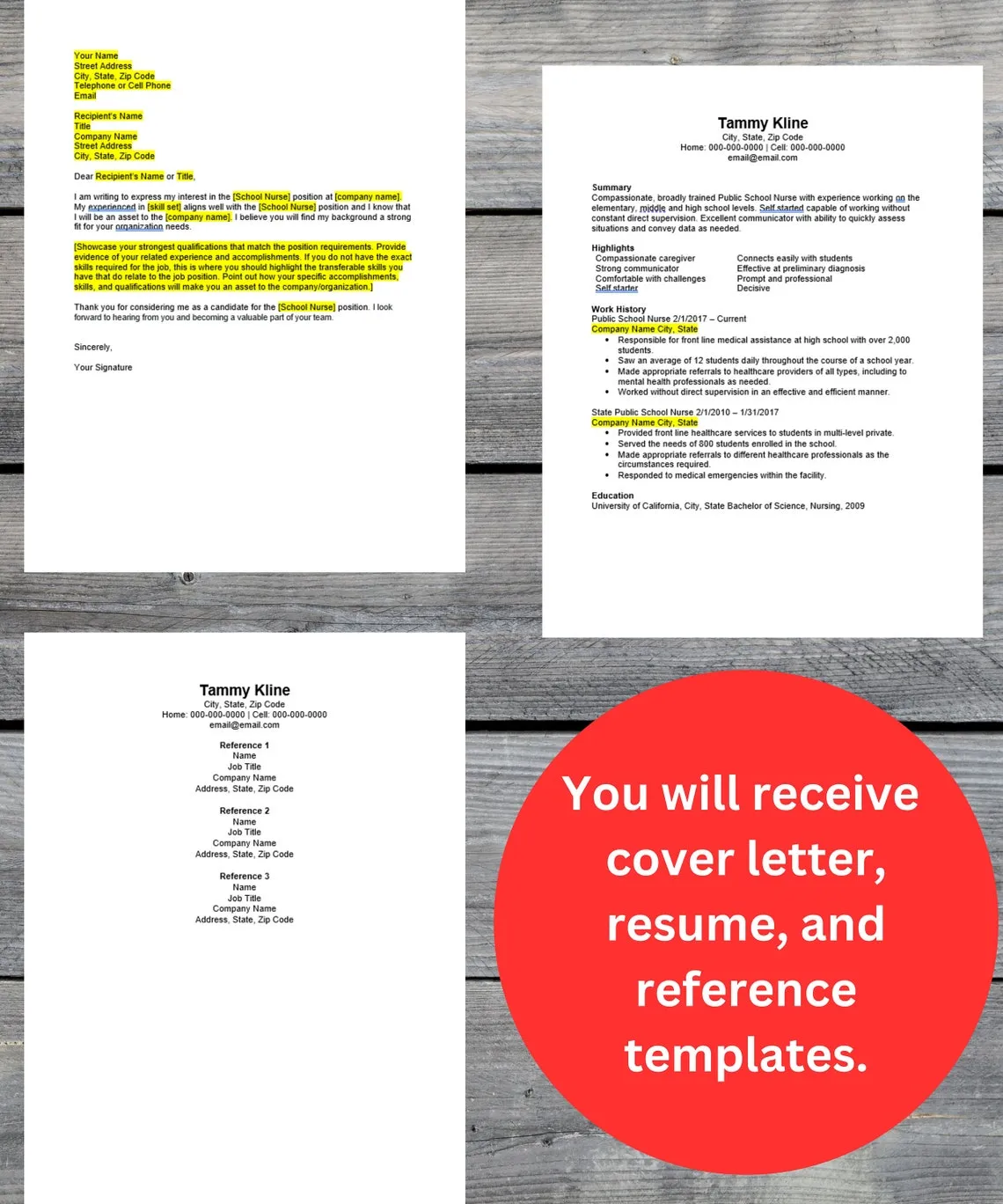
The body of your cover letter is where you provide details of your relevant skills and experience. Tailor this section to match the job description. Identify the key requirements and demonstrate how your experience aligns with them. Use specific examples to illustrate your abilities. Don’t just list your skills; show how you have applied them successfully in previous roles. Emphasize accomplishments and results whenever possible. Quantify your achievements to make them more impactful. For instance, if you have experience with immunization programs, mention the number of students you’ve vaccinated or any improvements you made to the process.
Clinical Skills
Highlight your clinical skills relevant to school nursing. This includes experience with medication administration, wound care, and the ability to assess and manage student health issues. Mention any certifications or specialized training you possess, such as CPR, First Aid, or specific pediatric care training. Provide examples of how you’ve used these skills in a school or clinical setting. Your ability to handle medical emergencies and provide basic healthcare services is a critical aspect of the role. If you have experience in managing chronic conditions like diabetes or asthma, be sure to include this information, as it is often an important part of a school nurse’s responsibilities.
Experience with Pediatric Populations
Emphasize your experience working with children and adolescents. Describe any previous experience in pediatric care, whether in a clinical setting, school environment, or community health program. If you have volunteered or worked in a school before, describe your involvement and the impact you had on student health. Include any knowledge of pediatric health issues, such as common illnesses, developmental stages, and behavioral health concerns. Highlight your ability to create a safe and supportive environment for students. Your ability to build rapport with students, parents, and staff is essential for this role. Mention any specific programs or initiatives you’ve been involved in that improved student health outcomes.
Proficiency in Emergency Care and Procedures
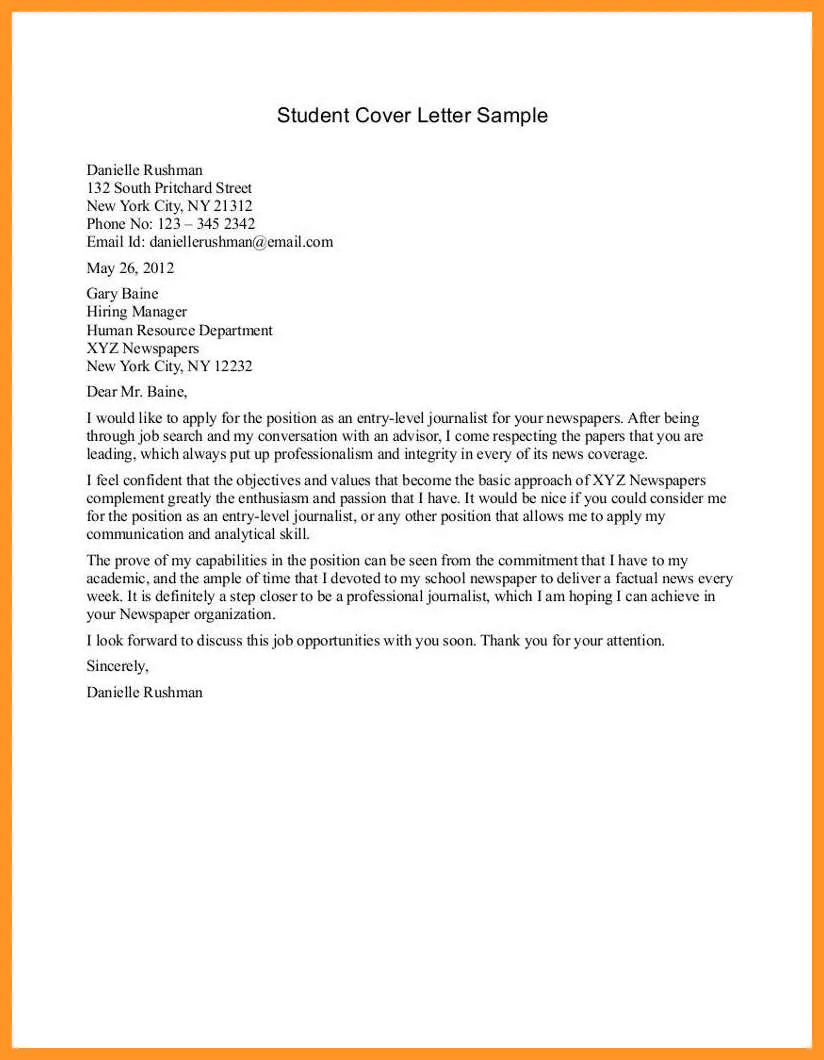
Demonstrate your proficiency in emergency care and procedures. School nurses must be prepared to handle a variety of medical emergencies, so highlight your relevant experience. Mention your training in CPR, First Aid, and other emergency response protocols. Provide examples of situations where you provided immediate care, such as handling allergic reactions, injuries, or other medical crises. If you have experience using automated external defibrillators (AEDs), be sure to include this. Your preparedness and competence in emergency situations can reassure the hiring committee of your suitability for the role. Describe any specific protocols or procedures you are familiar with, such as creating individualized healthcare plans or managing medication administration.
Soft Skills
In addition to clinical skills, highlight your soft skills. These skills demonstrate your ability to work effectively in a school environment. Soft skills are crucial in establishing relationships, resolving conflicts, and supporting the well-being of students. Focus on skills that show your adaptability, empathy, and communication abilities. Illustrate how you have used these skills in previous roles and the positive impact you’ve made. When describing your experience, use concrete examples to back up your claims, providing a clear picture of your abilities and how you contribute to a healthy, supportive school environment.
Attention to Detail and Organizational Abilities
School nursing requires meticulous attention to detail and strong organizational skills. Highlight your ability to manage health records, administer medications accurately, and maintain a safe environment for students. Mention your experience with electronic health record systems or other organizational tools. Provide examples of how you’ve implemented systems to improve efficiency and reduce errors. Emphasize your ability to multitask, prioritize tasks, and manage your time effectively. Detail-oriented skills are essential in tracking student health needs and ensuring compliance with health regulations and school policies. Mention any experience you have in coordinating health screenings, vaccinations, or health programs.
Communication and Interpersonal Skills
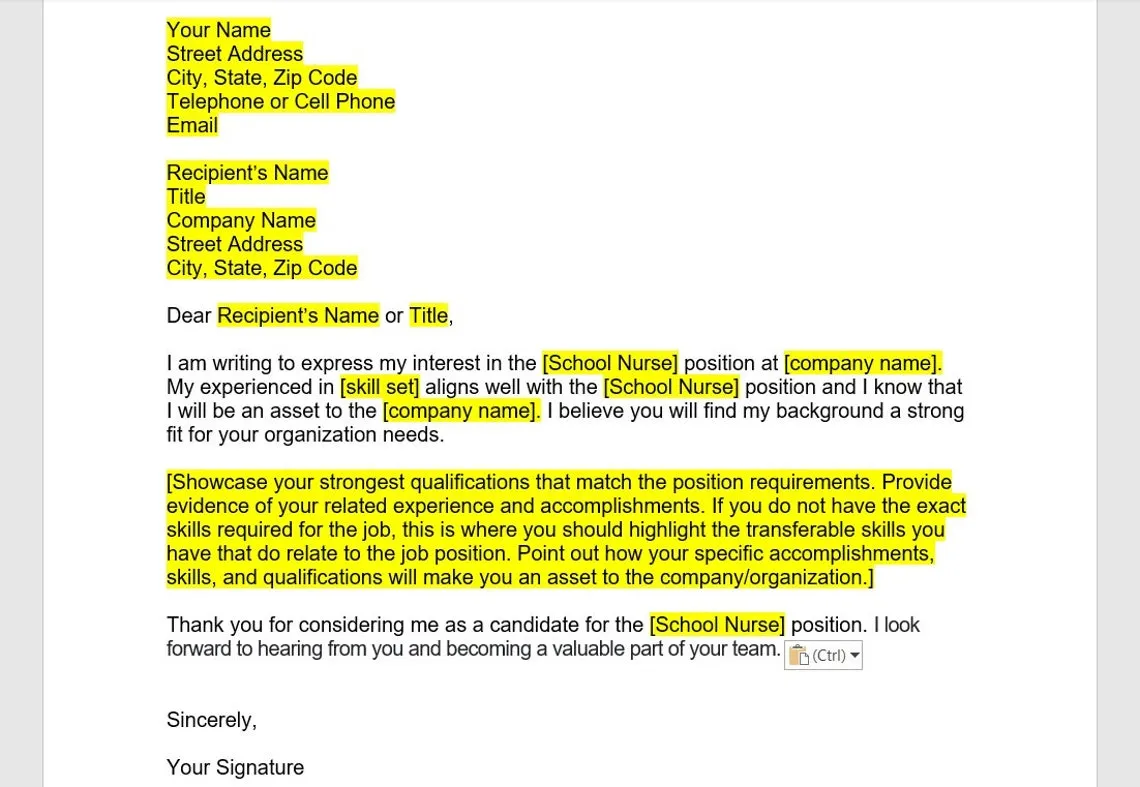
Strong communication and interpersonal skills are vital for a school nurse. Highlight your ability to communicate effectively with students, parents, teachers, and administrators. Provide examples of how you have successfully resolved conflicts, built rapport with students, and collaborated with other professionals to improve student health outcomes. Describe your ability to explain medical information clearly and concisely, both verbally and in writing. Mention any experience in conducting health education programs or providing health counseling. Being able to communicate sensitive information with empathy and understanding is a crucial aspect of a school nurse’s responsibilities.
Adaptability and Problem-Solving
Demonstrate your adaptability and problem-solving skills. School nurses often face unexpected challenges, so showcase your ability to think on your feet and find solutions to problems. Provide examples of how you have adapted to changing situations or managed unexpected medical emergencies. Mention your experience in identifying and addressing health issues in a timely manner. Highlight your critical thinking skills and ability to make sound judgments. Your ability to remain calm under pressure and make quick decisions is essential in emergency situations. Provide examples of how you have overcome challenges and contributed to a positive school environment.
Demonstrating Your Passion and Interest
Express your genuine passion for school nursing and your interest in the specific school or district. Explain why you are drawn to this career path and what motivates you to work with children and adolescents. Mention anything that particularly interests you about the school, its mission, or its programs. Show that you’ve done your research and understand the school’s values. If you have volunteer experience or personal connections that show your commitment to the school’s goals, be sure to include these. Your enthusiasm will not only make your application more compelling, but it will also show the hiring manager how invested you are in the role.
Closing the Cover Letter
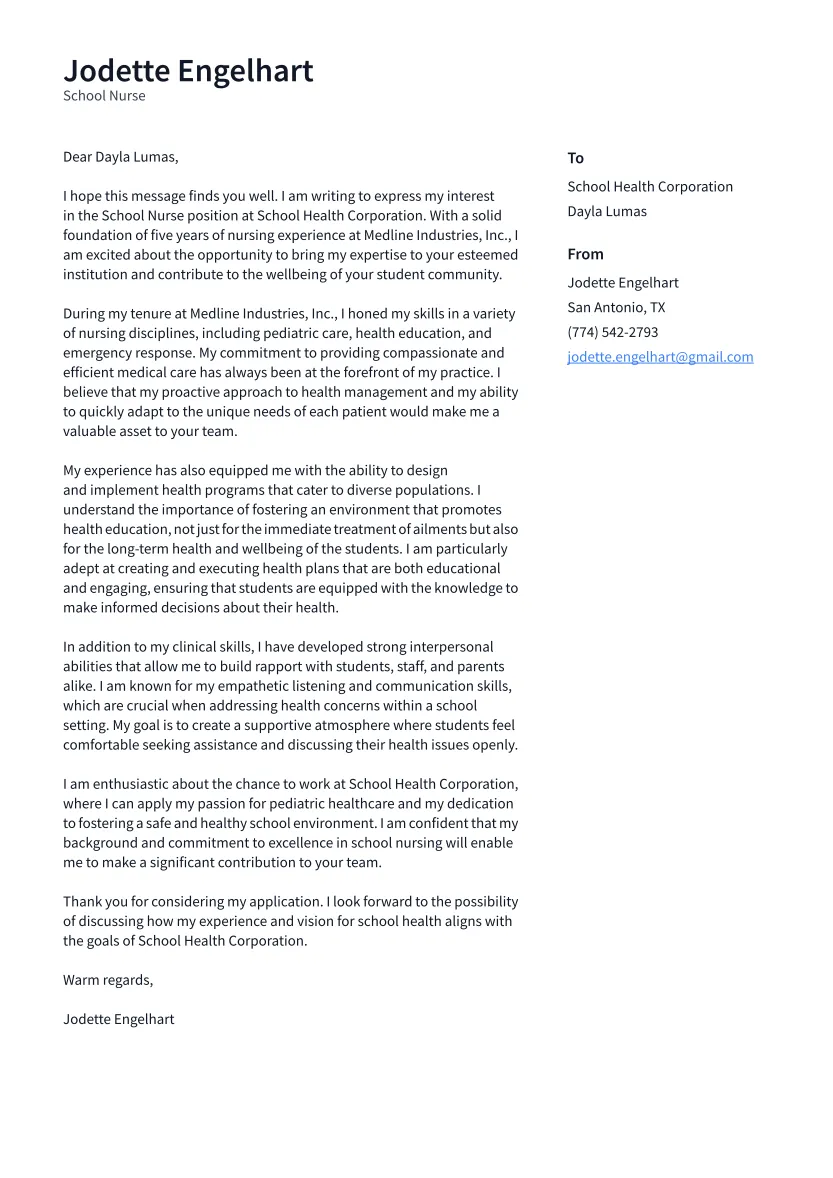
Your closing paragraph should reiterate your interest in the position and summarize why you are a strong candidate. Thank the hiring manager for their time and consideration. Express your eagerness to discuss your qualifications further and provide contact information. Ensure your closing is professional and leaves a positive impression. Reiterate your enthusiasm and offer to provide any additional information or documents needed. Avoid generic phrases and instead, personalize your closing to show you are excited about the opportunity.
Expressing Gratitude and Offering Availability
Always express gratitude for the hiring manager’s time and consideration. Offer your availability for an interview. Be specific and mention your readiness to provide any additional information, such as references or further details about your experience. End with a professional closing, such as ‘Sincerely’ or ‘Respectfully,’ followed by your typed name. Make it easy for the hiring manager to contact you by restating your phone number and email address, ensuring they have all the information needed to reach you.
Proofreading and Editing Your Cover Letter
Before submitting your cover letter, carefully proofread and edit it. Check for any grammatical errors, spelling mistakes, and formatting inconsistencies. Have a friend or colleague review your letter as a second pair of eyes can often catch errors that you may have missed. Ensure the tone is professional and that the language is clear, concise, and easy to understand. The cover letter should align with the style and tone of your resume. A polished, error-free cover letter will demonstrate your attention to detail and professionalism. Remember to tailor your cover letter to the specific job description, highlighting the skills and experience that are most relevant. Ensure your contact information is correct and up-to-date before submitting your application.
